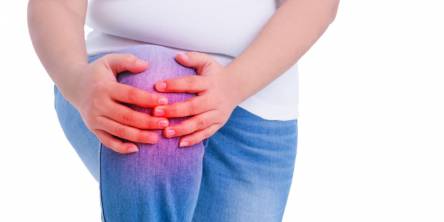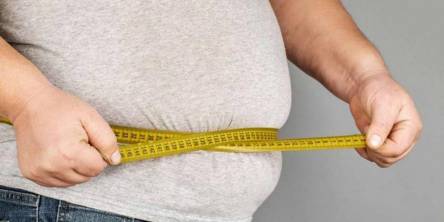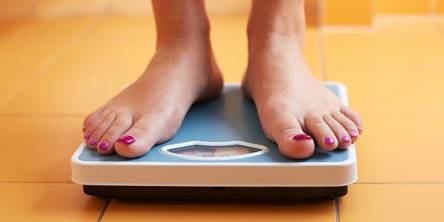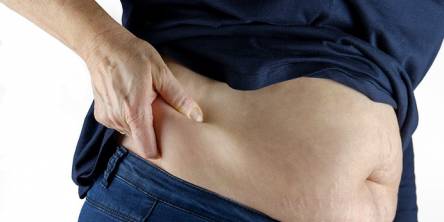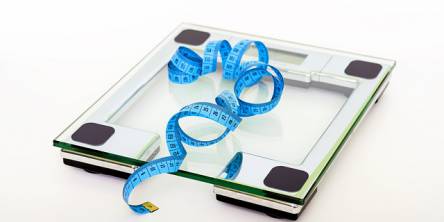Weight Loss Post 60: Healthy Tips for Seniors

Weight loss, exercise, and diets have mostly been associated with people below the age of 60, something which has left experts quite surprised. Weight loss is equally important when it comes to the elderly, probably more, because our metabolism rate begins to decline as we age. In fact, many seniors themselves give in to their age when it comes to weight issues and feel that they don’t need to shed the extra kilos.
We’re here to tell you that nothing could be further from the truth. Losing weight after the age of 60 is definitely a realistic goal and maintaining a healthy weight can help you live an active and engaged life as a senior citizen. Elderly care starts with us and we have to make sure that as we age, our body functions slow down, which is why we need to make that extra effort to keep ourselves and our bodies up and running till the time our body allows us to.
Moreover, elderly caregivers are also encouraged to help their senior loved ones maintain a healthy weight. Instead of being condescending, we – as caregivers – should be more encouraging towards our seniors about losing weight if that poses a health concern. However, many older people have to adjust their prior weight-loss strategies in order to safely lose extra pounds. That's because what works for younger people when it comes to weight loss doesn't necessarily work for seniors.
The golden rules of weight loss still apply:
- Burn more calories than you eat or drink
- Eat more veggies, fresh fruits, whole grains, fish, beans, and low-fat or fat-free dairy, and keep meat and poultry lean
- Limit empty calories, like sugars and foods with little or no nutritional value
- Avoid fad diets because the results don’t last.
There are many reasons to lose weight after 70, but they all boil down to the same thing: living your best possible life. Improved health, better mobility, and more energy mean that you can attack life with a sense of adventure, a sense of joy, and the truth of independence. The good news is that you can speed up your metabolism after 50 by making some simple lifestyle changes. And these habits will have other positive impacts on your health.
Check out the tips below which will help you ‘trick’ your body into having a faster metabolism rate.
1. Strength Training
Maintaining muscle tone is one of the most important things we can do in order to burn more calories. For elderly people, starting or maintaining a strength-training program can help increase their basal metabolic rate. As an added bonus, strength training is also good for losing the belly. Plus, strength training doesn't have to be intimidating or time-consuming. If you're not currently lifting weights, talk to your doctor about creating a plan that works for you.
2. Add Movement to Your Daily Life
You can also enjoy the benefits of physical activity without heading to the gym. As we get older, we tend to be more sedentary throughout the day. In fact, studies have shown that that older people move less, on average, just doing the tasks of everyday life. That's unfortunate because even light amounts of activity can help your metabolism and your cardiovascular health. For example, gardening, doing the dishes by hand, and putting away all of the laundry are the kinds of tasks that keep your body moving. Walking is frequently considered the best exercise for seniors to lose weight.
3. Eat a Protein-Rich Diet
Protein can help build muscle. It also requires more energy to digest. That means you can boost your metabolism after 60 by eating lean protein with every meal in order to prevent muscle loss. But keep in mind that the best protein for seniors is not necessarily a protein shake. Although these handy shakes can help out when you're busy or not feeling hungry, they are often high in sugar and unnecessary additives. It's always better to consume whole foods whenever possible because they offer other essential elements of a healthy diet, such as fibre.
4. Get Enough Sleep
Seniors often struggle to get enough sleep. But missing out on sleep is another habit that can harm your metabolism. And many studies conducted over time have linked sleep deprivation with a greater likelihood of obesity for older adults.
5. Reduce Stress Levels
When you're under chronic pressure, your body can interpret your stressed-out state as a sign to conserve energy. And the "flight or fight" response created by stress hormones like cortisol can trigger glucose production because our bodies think we might need the energy. The results can impact your metabolism, in addition to triggering cravings for sweets. Many doctors suggest that meditation or yoga can help in such a situation and also increase metabolic rate – something which elderly caregivers should any way encourage older adults to do, as a part of senior citizen care.
While it is important not to fixate on weight and let it control our lives, sometimes, losing a few pounds is a necessary step to improving our overall health. Making this change in your life should be gradual, as shocking your body is never healthy. Moreover, any weight loss should come from healthy lifestyle choices, instead of fad diets or obsessive behaviours.
Similar Articles
Knee discomfort is common in those who are overweight or obese. Losing weight can help relieve discomfort and minimize the risk of osteoarthritis (OA) in many circumstances.
IV therapy for weight loss is a faster and more effective method to lose weight and maintain a healthy lifestyle. Iv drips contain a blend of minerals, vitamins, and antioxidants in a package of normal saline or other iv fluids that are infused directly in the vein
Obesity is a common condition in the United States and all over the world. Bariatric surgery can be the most effective treatment for extreme obesity, as well as many other medical conditions such as heart disease and kidney disease.
Obesity is defined as carrying too much weight, mainly fat, around the body. The most prevalent cause of excess fat is that a person consumes more calories than they burn. Obesity is also caused by sedentary behavior and the eating of high-energy meals.
Weight loss is a difficult thing. It’s not just about diet and the levels of physical activity. If you can’t lose weight despite numerous attempts, you might think that your body is betraying you, your metabolism is slower than normal, or that you'll need to eat only boiled chicken and broccoli for the rest of your life.
If fat cells are essential to our body, their surplus can be complex, even particularly unsightly in some cases. Many patients see a specialist in cosmetic medicine or plastic surgery to get rid of their localized fat deposits.
There are many reasons as to why people would try dieting, exercising regularly, and drinking more water; the health benefits of these methods have been studied and proven time and time again.
Detoxification is the process by which your body gets rid of impurities. This is an important process for improving health and promoting weight loss. Luckily your body is naturally equipped to detoxify itself.
Are you just losing weight and changing your diet? Then you should definitely internalize the most important facts about calorie consumption.

